WEBSITE MAINTENANCE
The website will be offline for maintenance at 11:00 p.m., Friday, February 20, 2026.
WEBSITE MAINTENANCE
The website will be offline for maintenance at 11:00 p.m., Friday, February 20, 2026.

Do more than see rhinos. Look out for them
Woodland Park Zoo is partnering with the International Rhino Foundation (IRF) to save the greater one-horned rhino in the wild.
All five living rhino species (black, white, greater one-horned, Sumatran and Javan) are in peril from poaching, forest loss and habitat conversion and human settlements encroaching on their habitats in India, Africa and Indonesia. Woodland Park Zoo is working with IRF, the government of Assam, and other key organizations to increase the population of the Greater one-horned rhino from a low of 200 throughout India and Nepal at the beginning of the 20th century to 3,000 in seven of Assam, India’s protected areas by the year 2020.
The Turtle Survival Alliance’s India program is managed by Indian biologists who work with local communities to conserve imperiled turtle species. Converting former poachers into protectors, the program seeks to end the devastating illegal trade that has devastated turtle populations.
Over 85% of the world’s Greater one-horned rhino population lives in Kaziranga National Park in Assam, India. This puts the population at risk from catastrophes like floods or disease outbreaks. By funding the translocation of rhinos to new protected parks, we are helping to decrease the possibility of human-rhino conflict, and increase the opportunity for population growth.
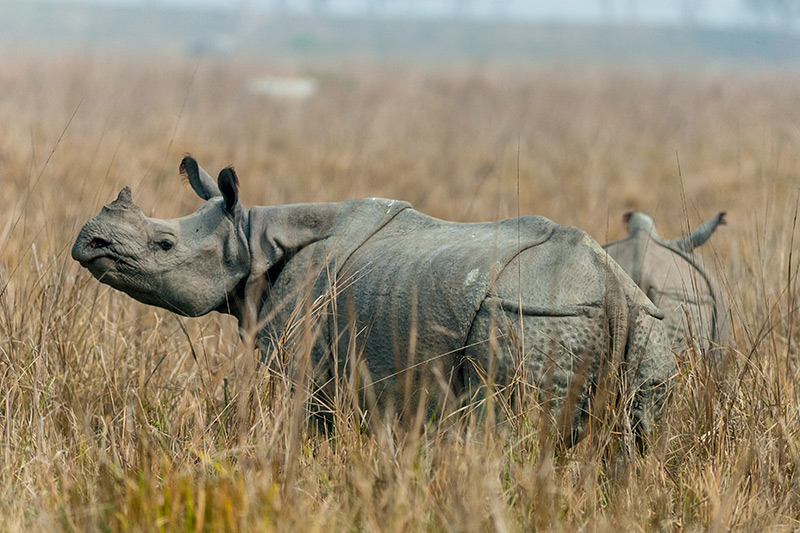
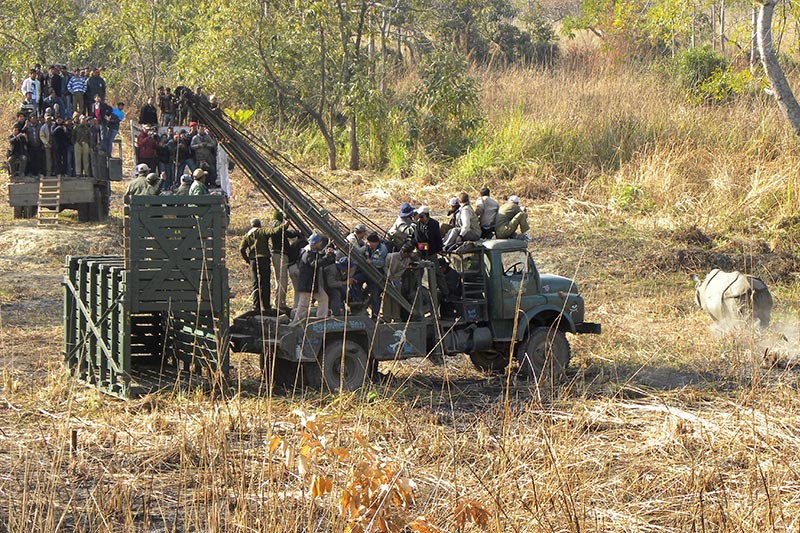
Help us make a home for rhinos—here and across the globe
With Assam Rhino Reserve, we’re asking you to do more than see rhinos—look out for them. Help us complete the Assam Rhino Reserve special exhibition, provide daily care for the rhinos who will call it home, and fund efforts to protect and defend rhino habitat from poachers.
The illegal trafficking of animals is not a problem confined to Asia and Africa—it happens right here, too. You can help stop local illegal trade. Here are four ways to join us in #savingspecies:
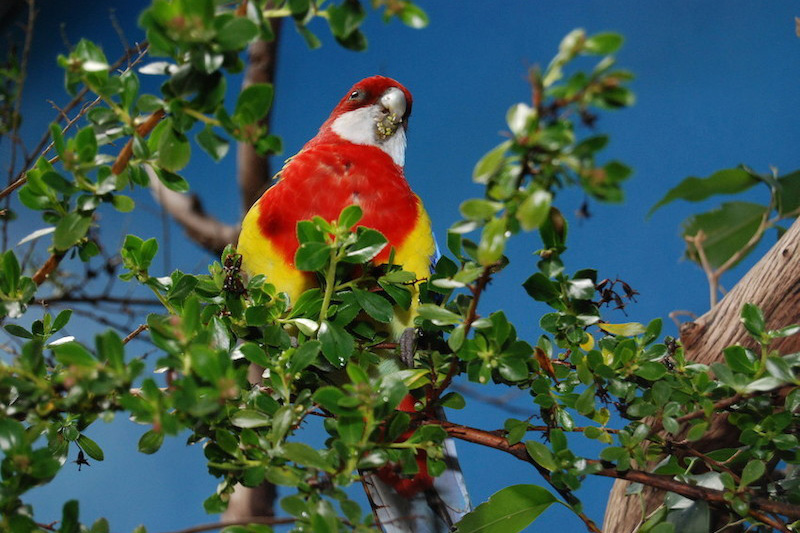
You have a big heart for animals and you share your home with your pets. Sadly, many animals are taken from the wild for the domestic pet trade, including endangered turtles, birds and fish that show up for sale, often online, by disreputable sources. Your promise to give your pets the best life can start before you ever take them home.
Know your pet’s history. Adopt or purchase pets from reputable sources only. Research the laws to understand what animals can be legal pets in your area, and help spread the word to others so we can all make responsible choices.
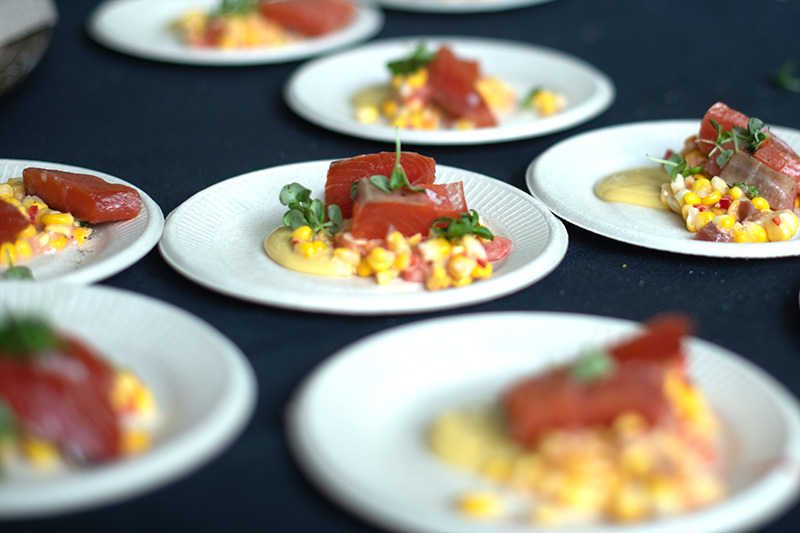
You order omakase—chef’s selection—at any sushi restaurant ‘cause that’s how you roll. And you’re the one at Pike Place Market ignoring all that fish tossing because you’re busy just trying to actually buy the stuff. Your seafood choices are refined, but are they also responsible? Right here in Washington state, geoducks are unlawfully poached to feed international demand and sea cucumbers are being overharvested.
To find sustainable seafood choices wherever you live or travel to, get the free Seafood Watch Guide app or wallet-sized cheat sheet.
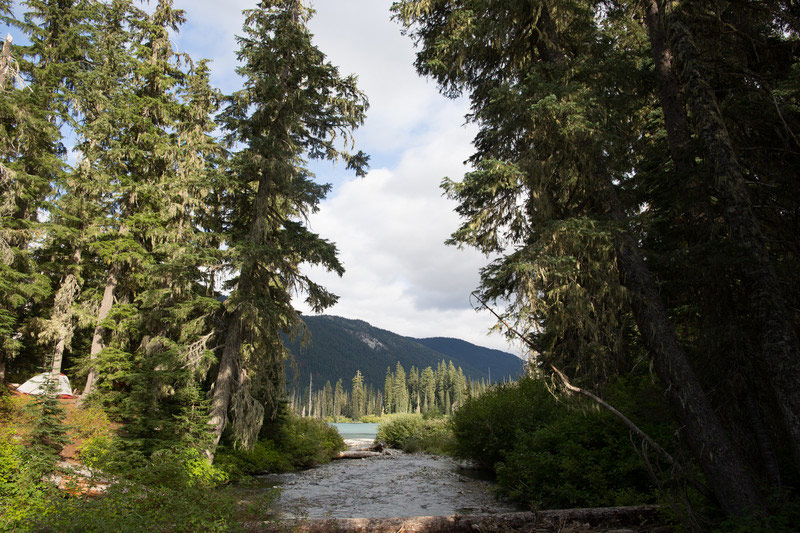
You could sleep outside every night and never get tired of counting stars. With your love of the outdoors and your keen eye, you are just the kind of friend Washington state wildlife detectives need. Keep your eyes peeled for any signs of wildlife crime in Washington. From off-season hunting, to ivory and rhino horn in gift shops, your sightings can help Washington Department of Fish and Wildlife enforce law and stop poachers and traffickers.
Add the state Fish and Wildlife tip line to your phone contacts so you are always ready to report what you see: 1-877-933-9847. Or submit a tip online anytime.
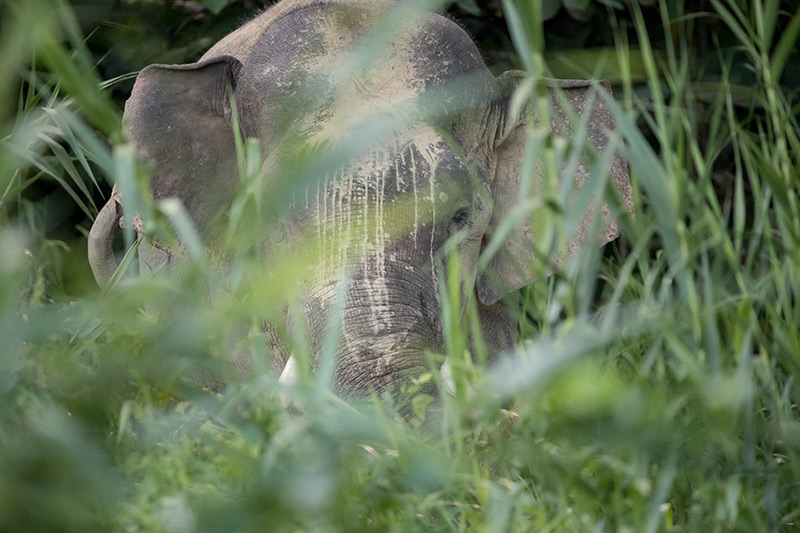
For each new global adventure you add to your travel journal, you’re on the hunt for that perfect souvenir—the memento that keeps the memory fresh. But the informed traveler knows that many souvenirs are made from protected animals or plants, or may otherwise be illegal to export. Don’t be an unwitting trafficker.
The Association of Zoos & Aquariums and the U.S. Wildlife Trafficking Alliance have created a traveler’s guide to help you be informed and buy informed. Get your free copy online.